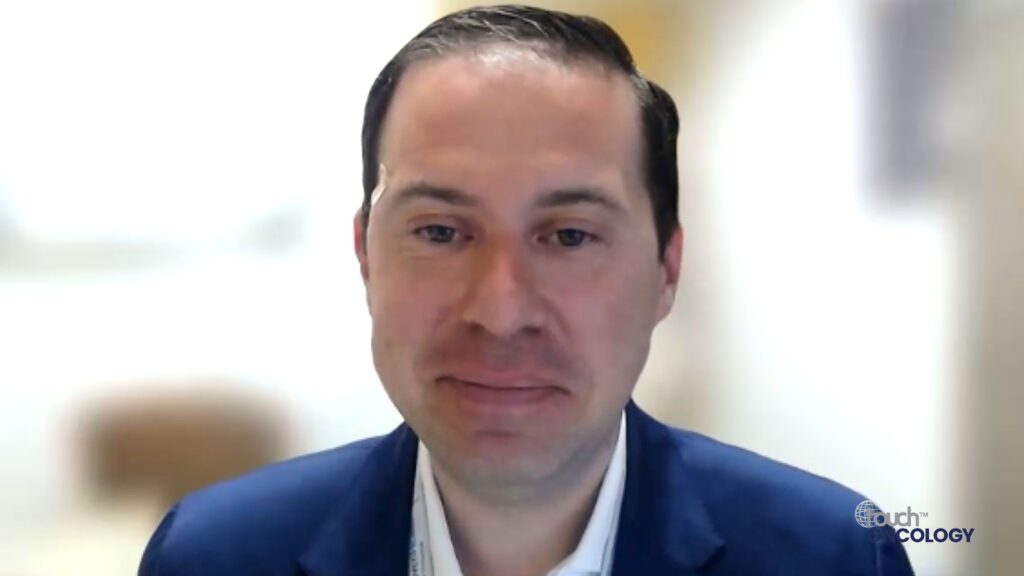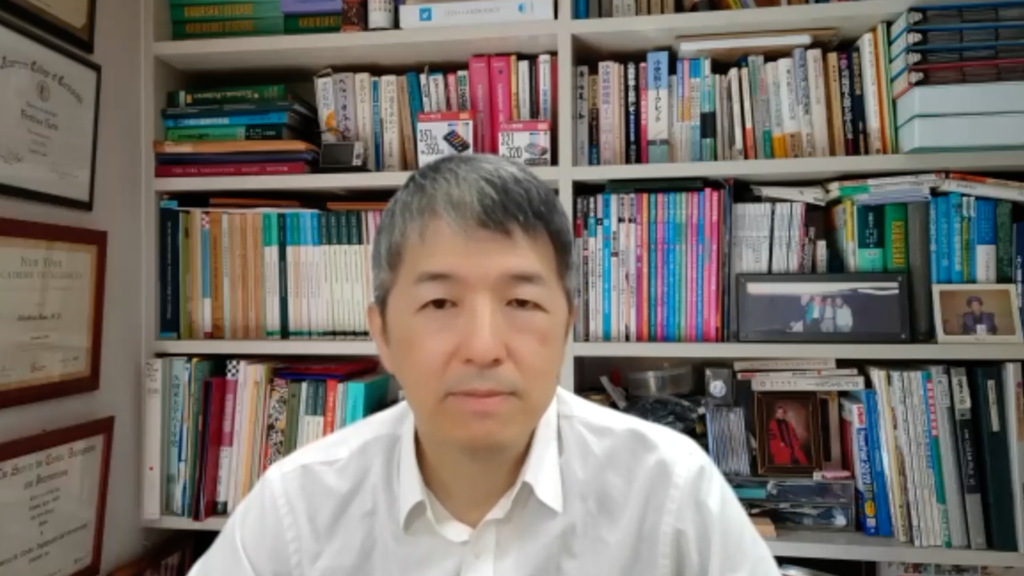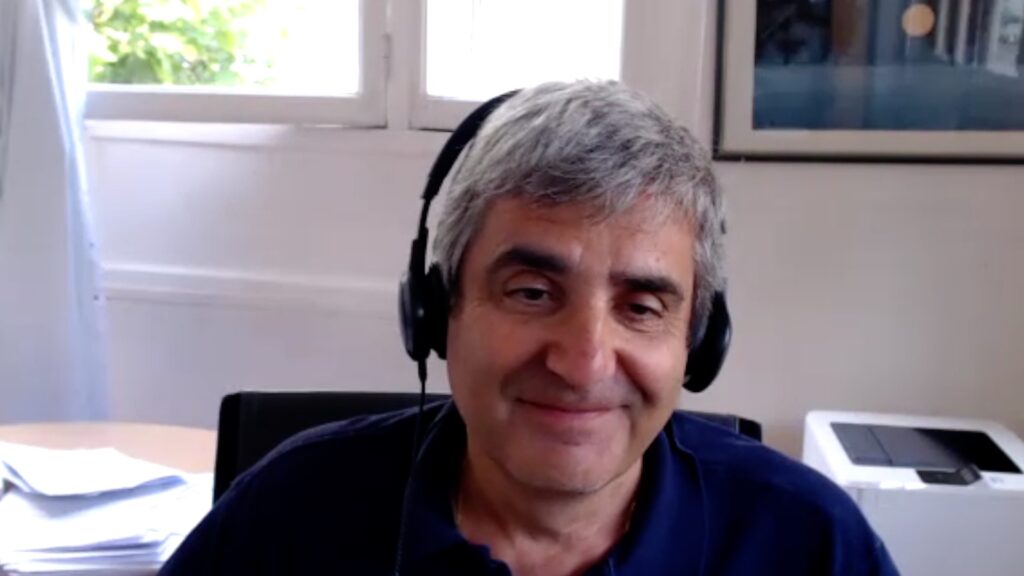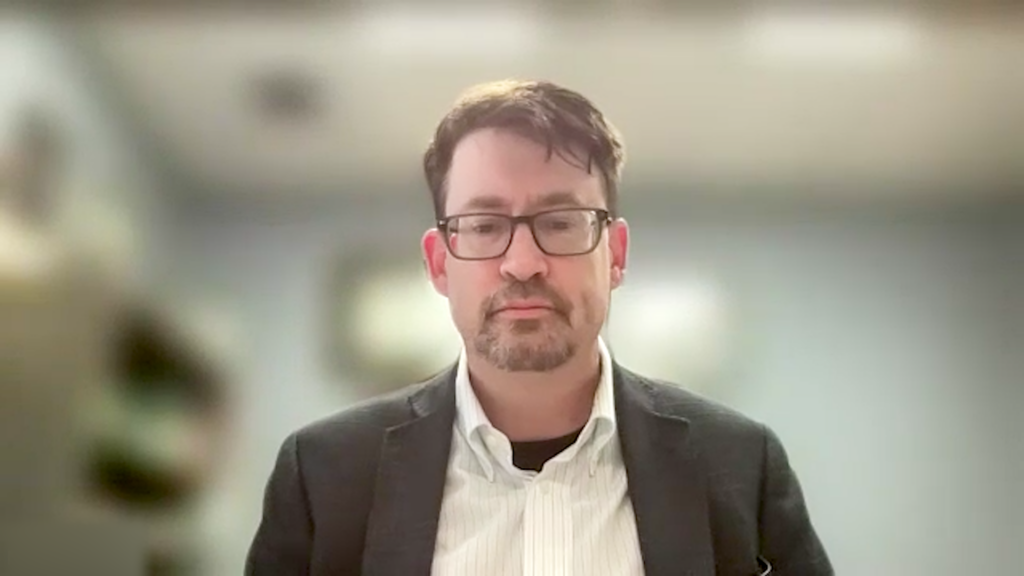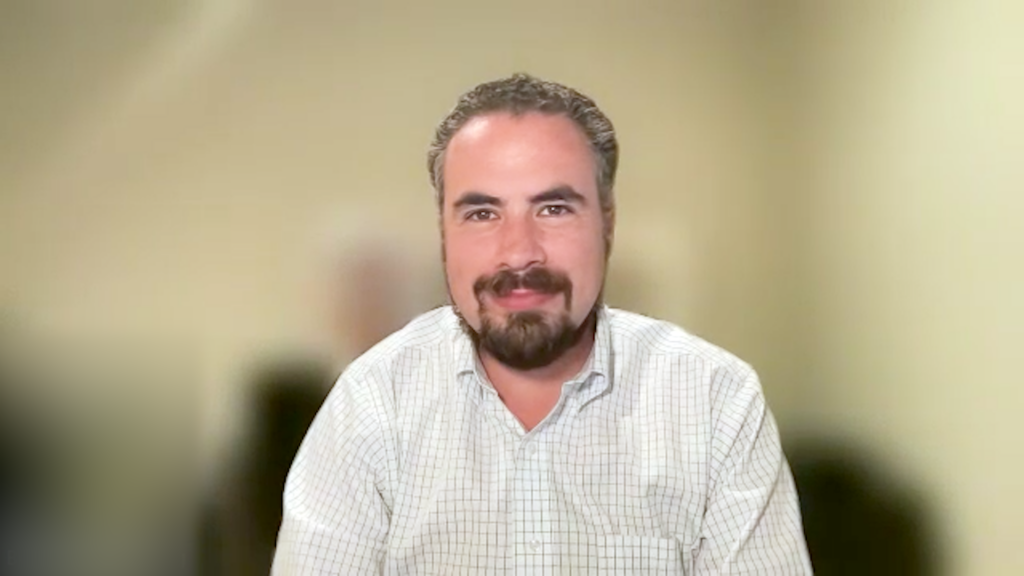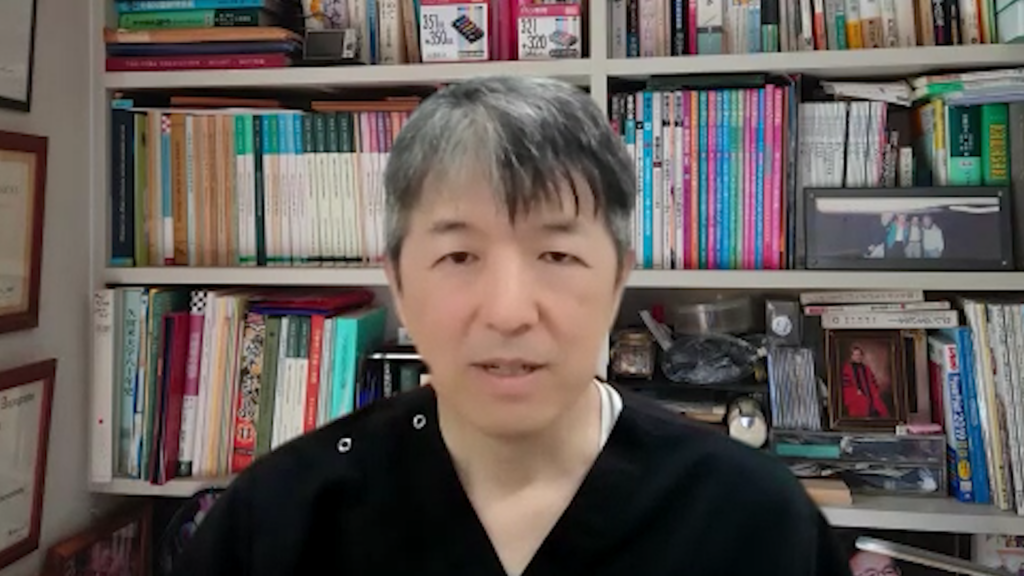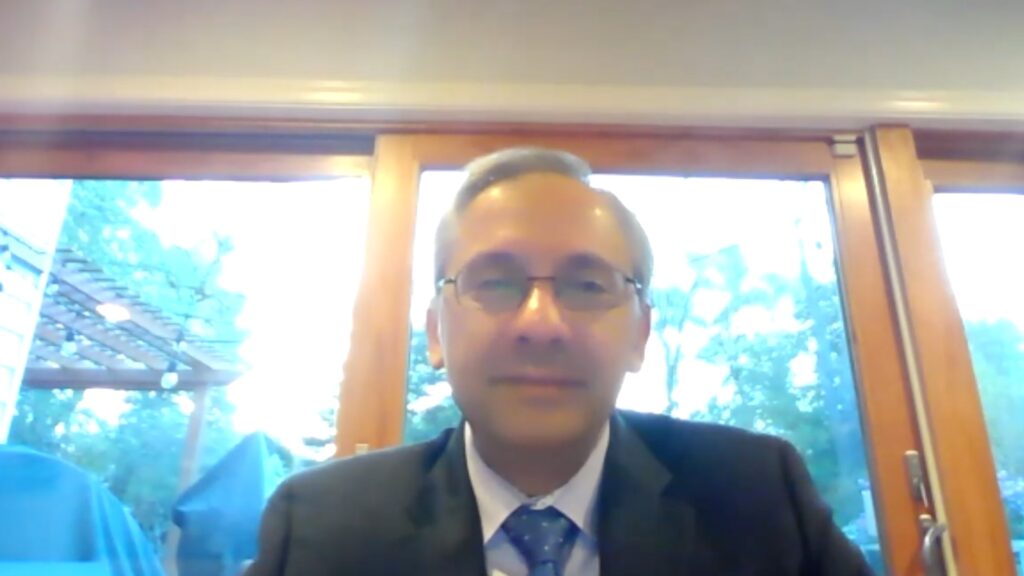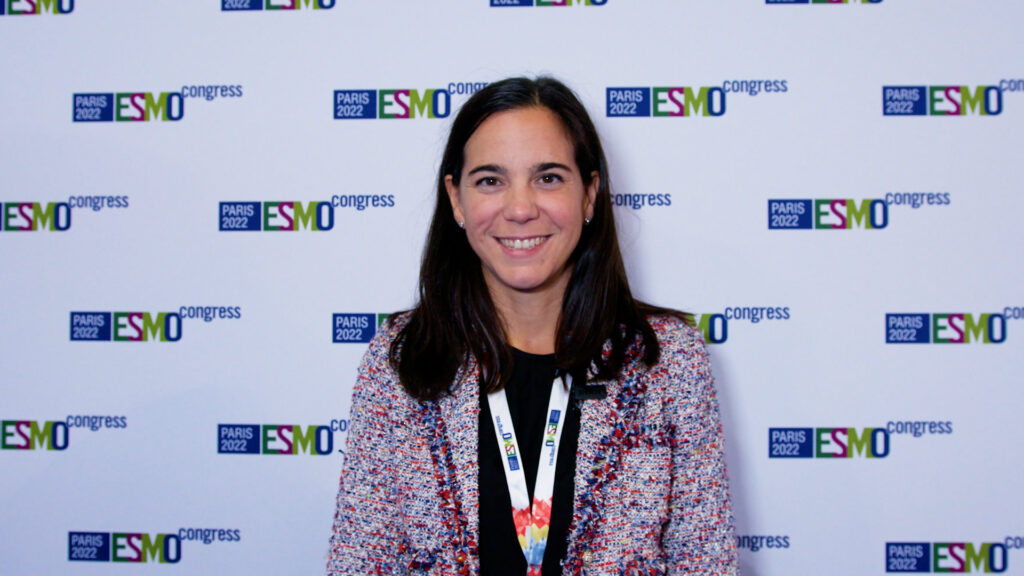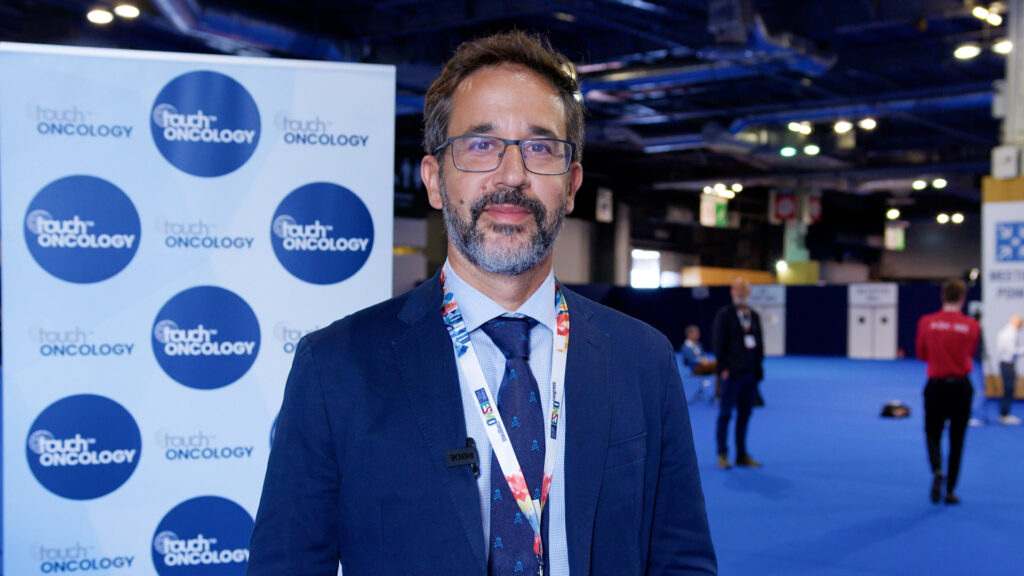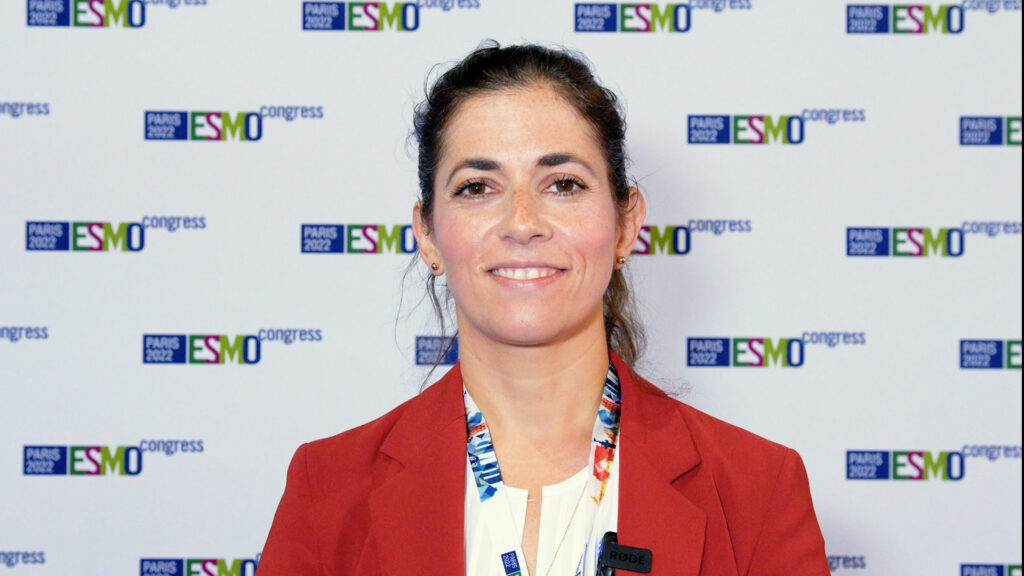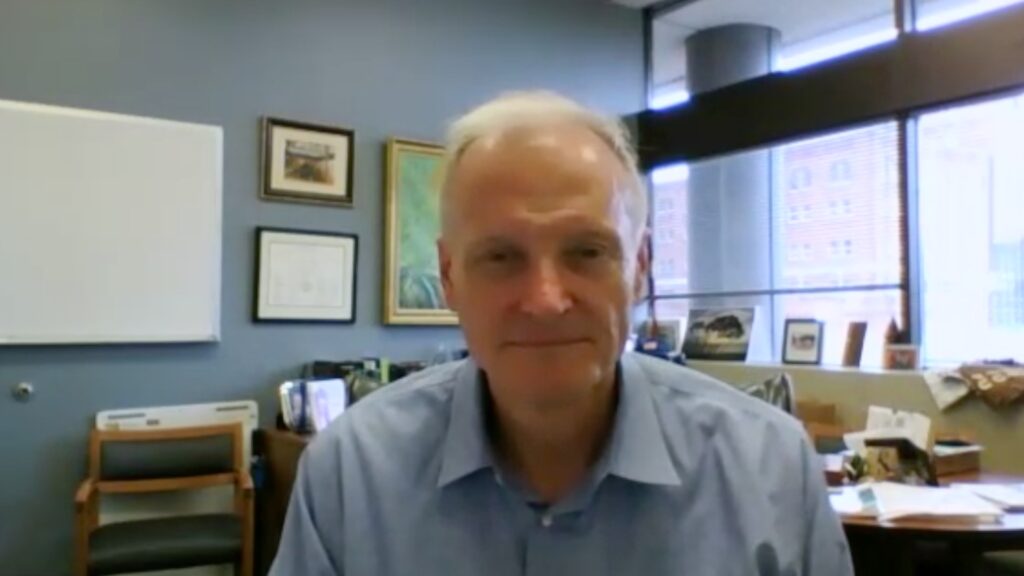 Liver cancer remains a significant global health challenge, often going undetected until it has progressed to advanced stages. A major barrier to early detection is the lack of awareness about liver health and risk factors, such as chronic liver diseases and lifestyle choices. Many people are unaware that avoiding smoking, limiting alcohol intake, maintaining a healthy weight, and opting for a diet rich in antioxidants can significantly reduce the risk of liver cancer. Regular screenings, especially for those with underlying liver conditions like hepatitis B and C, are crucial but often inaccessible, particularly in rural areas. These challenges are compounded by the lack of liver health education among healthcare professionals, making early intervention and accurate diagnosis even more difficult.
Liver cancer remains a significant global health challenge, often going undetected until it has progressed to advanced stages. A major barrier to early detection is the lack of awareness about liver health and risk factors, such as chronic liver diseases and lifestyle choices. Many people are unaware that avoiding smoking, limiting alcohol intake, maintaining a healthy weight, and opting for a diet rich in antioxidants can significantly reduce the risk of liver cancer. Regular screenings, especially for those with underlying liver conditions like hepatitis B and C, are crucial but often inaccessible, particularly in rural areas. These challenges are compounded by the lack of liver health education among healthcare professionals, making early intervention and accurate diagnosis even more difficult.
In this exclusive interview for touchONCOLOGY, we speak with Larry R Holden, the newly appointed CEO of Global Liver Institute (GLI), about his vision to address these pressing issues. Larry shares how GLI collaborates with healthcare professionals, policymakers, and local communities to drive awareness and promote equitable liver cancer care. He also discusses initiatives like the #OctoberIs4Livers campaign and how the organization is working to improve access to screenings and education for at-risk groups. Through his leadership, Larry is steering GLI’s mission to make a global impact in liver cancer prevention, detection, and patient outcomes.
1. What do you see as the key barriers to preventing and detecting liver cancer early?
Often, a lack of awareness hampers prevention and early detection. The disease itself is asymptomatic in early stages since the liver does not have pain receptors.
People also do not realize the choices they make daily that can affect their chances of developing liver cancer. Avoiding smoking, consuming no or low alcohol, and maintaining a healthy weight are all important. For nutrition, highly processed foods, especially processed meats and foods high in sugar, can increase the risk, while brightly colored fruits and vegetables, rich in antioxidants and fiber, decrease the risk of developing liver cancer.
Almost every type of liver disease can progress into liver cancer, which makes regular screening essential for everyone with liver disease. Unfortunately, many cases are missed due to lack of awareness of risk factors and of the importance for screening. For example, hepatitis B and C often go undiagnosed and untreated, leading to chronic infections that cause continuous liver inflammation and damage, eventually progressing to cirrhosis. Once the liver becomes cirrhotic, the risk of developing hepatocellular carcinoma (HCC) significantly increases. Globally, access to appropriate screening is limited, making timely and accurate surveillance challenging. Although several countries have incorporated effective screening for patients who have been infected with viral hepatitis, these systems are catching a decreased proportion of cases as fatty liver disease increases as a proportional cause.
Many patients, especially in rural areas, have limited access to care. In these areas, hepatologists are uncommon and GI and primary care doctors have low knowledge of liver health and liver cancer risk. Screening and ongoing care, already expensive, are complicated by the time, expense, and planning of long-distance transportation.
2. How does Global Liver Institute work with healthcare professionals and policymakers to increase public awareness of liver disease and liver cancer?
We collaborate with our Liver Cancers Council members and other partners to drive dynamic campaigns and impactful programs. At the heart of our efforts is #OctoberIs4Livers, our month-long awareness campaign, where we release multilingual resources, bring experts together to address barriers to health equity in liver cancer care, and support Global Open House events that are community-based. Our annual Global State of Liver Health report spotlights key statistics, success stories, and regional risk factors for liver cancer.
Throughout the year, we host webinars for clinicians in the spring and winter, and each September, we equip advocates with vital tools through our Advanced Advocacy Academy (A3) to champion healthcare access, advocate for better and less invasive screening tests, and push for diversity in clinical trials.
In collaboration with healthcare professionals, we amplify the patient voice. Our program directors for liver cancers and fatty liver disease serve on several clinical trial advisory boards; NIH-funded research advisory boards at institutions like the Mayo Clinic and MD Anderson; and on the National Institutes of Health Non-Invasive Biomarkers of Metabolic Liver Disease (NIMBLE) Consortium to ensure patient perspectives are central to liver research and care advancements.
3. How can healthcare professionals contribute to educational initiatives aimed at improving patient outcomes in liver cancer care?
Healthcare professionals are a trusted source of information for many people, and they have regular contact with their patients. They can provide patient education materials at the clinic and make sure they discuss liver health with each of their patients. In their practices, they can also ensure they follow the latest research and evidence-based liver health screenings and treatment or provide telehealth options for rural communities.
In the community, the voice of a healthcare provider can be powerful. This can mean participating in community outreach and events to raise awareness of risk factors and prevention or even provide screenings. They can collaborate with advocacy organizations like GLI to help expert insight reach a broad network of patients. They can also raise their voice to educate local and national policymakers about the systems change that would benefit their patients.
4. Do certain groups have a heightened risk of developing liver cancer? What tools do you and your community use to fight for equity for these groups?
There are several communities most at risk of developing liver cancer, including ethnically Asian and Black/African groups, indigenous populations, those of Hispanic ancestry, rural communities, LGBTQI+, and immigrant/refugee populations. Each community faces different risk factors that increase cancer risk, whether exposures or genetic factors.
GLI and its community help equip communities with the tools and information they need to protect their liver health. We support our Liver Action Network members as they provide on-the-ground education and awareness events in their communities that are responsive and relevant to the culture, resources, and challenges of their local communities.
Our diverse network of more than 50 ambassadors from around the United States and the world each bring their identity and experiences to their advocacy work as they represent the patient voice in discussions with local and national governments, multinational pharmaceutical researchers, the local media, and much more. Their stories inform potential solutions to the challenges that each at-risk community faces.
Disclosures: Larry R Holden is the Chief Executive Officer of Global Liver Institute. No funding or fees are associated with this article.
Cite: Holden LR, Overcoming Barriers in Liver Cancer Care: An Interview with Larry R Holden, CEO of Global Liver Institute, touchONCOLOGY, October 29, 2024.


